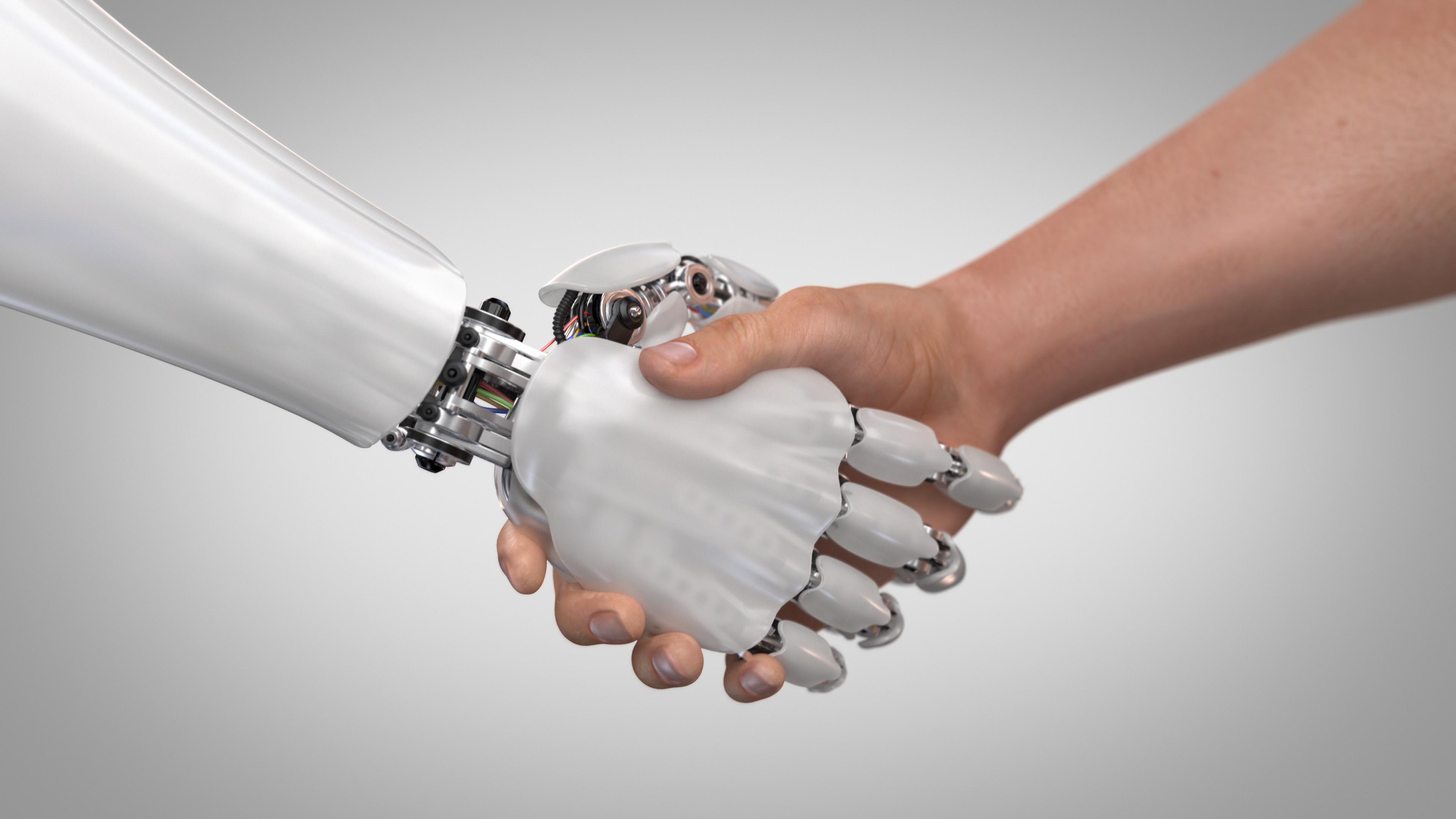Ever since artificial intelligence (AI) emerged as the market's defining megatrend, growth investors have poured money into megacap technology stocks.
Since then, a select group of tech-focused megacaps -- Nvidia, Microsoft, Amazon, Alphabet, Apple, Meta Platforms, and Tesla (TSLA +0.21%) -- have become known as Wall Street's "Magnificent Seven." Collectively, this cohort of tech titans has delivered impressive returns throughout the AI revolution.
Yet one of them stands out as a relative laggard. Over the last three years, Tesla shares are up just 18% -- a gain that trails all of its peers. Despite that underperformance, CEO Elon Musk has once again found a way to keep Tesla at the center of the AI conversation. According to a new proxy filing, the electric vehicle (EV) company is proposing a strategic investment in Musk's artificial intelligence start-up, xAI.
Tesla has made limited progress on the AI front compared to its peers, but aligning more directly with xAI could change that narrative. As the proposal moves toward a shareholder vote in November, understanding the mechanics of the deal and its implications for Tesla's future role in the AI realm will be critical for investors.

NASDAQ: TSLA
Key Data Points
Why does Tesla want to invest in xAI?
For years, Musk has talked about turning Tesla from just an EV manufacturer into a broader technology powerhouse spanning autonomous driving, robotics, and clean energy systems. An investment in xAI would fit neatly into that playbook, giving Tesla direct access to Grok -- a large language model (LLM) designed to compete with ChatGPT.
The premise is straightforward: By embedding xAI's intelligence into its ecosystem, Tesla could make its products "smarter" and more intuitive.
Take the company's autonomous vehicle fleet as an example. An integration with xAI could improve training models for Tesla's Full Self-Driving (FSD) software as it pertains to natural language skills and real-time contextual awareness -- making its robotaxis not just safer, but also easier and more seamless to interact with.
This same logic extends to Optimus, Tesla's planned humanoid robot. Building mechanical dexterity is just one part of the equation. In order for Optimus robots to be truly useful, they will need to learn how to understand people, anticipate needs, and engage in natural conversations.
This is where xAI can lend a hand. Grok could become the foundational layer of social intelligence for Optimus, ultimately turning these robots into tools that can add to the efficiency of operations in settings like factories, retail, or even homes.

Image source: Getty Images.
Musk wants to build an AI empire
xAI has received funding from several high-profile venture capital (VC) firms, but one of its more intriguing backers sits outside of Silicon Valley: Musk's space exploration business, SpaceX.
This cross-pollination appears very much by design. Musk's strategy is starting to become clear -- build a vertically integrated ecosystem where the hardware from Tesla and SpaceX is powered by xAI's software. By leveraging the intellectual property across these businesses, Musk aims to create a virtuous cycle that stretches across transportation, space, and robotics. As each piece reinforces the others, they could potentially unlock trillions of dollars of value in multiple emerging, sophisticated markets.
The bigger idea is to establish an AI moat that insulates Musk's businesses from dependence on other providers like OpenAI, Google DeepMind, or Anthropic. Tightening the business's integration should help keep costs under control -- all while powering Musk's companies on a shared AI backbone.
Is a Tesla investment in xAI a game changer?
The question of whether an equity stake in xAI could truly be a game changer for Tesla is more nuanced than it first appears.
On one hand, a closer alliance with xAI could accelerate its progress on initiatives like the Cybercab and Optimus -- potentially sharpening Tesla's competitive edge. On the other hand, the move could raise regulatory concerns around conflicts of interest -- ultimately becoming yet another distraction at a company that has been plagued with them in recent years.
At this stage, the deal feels more symbolic than transformational. The real impact will depend on how well xAI scales and performs relative to the competition. Until there's more clarity on how that's playing out, it's hard to see why a Tesla-xAI partnership would be a catalyst for the company. While this tie-up has long-term potential, it's not the kind of move that will redefine the AI landscape overnight.